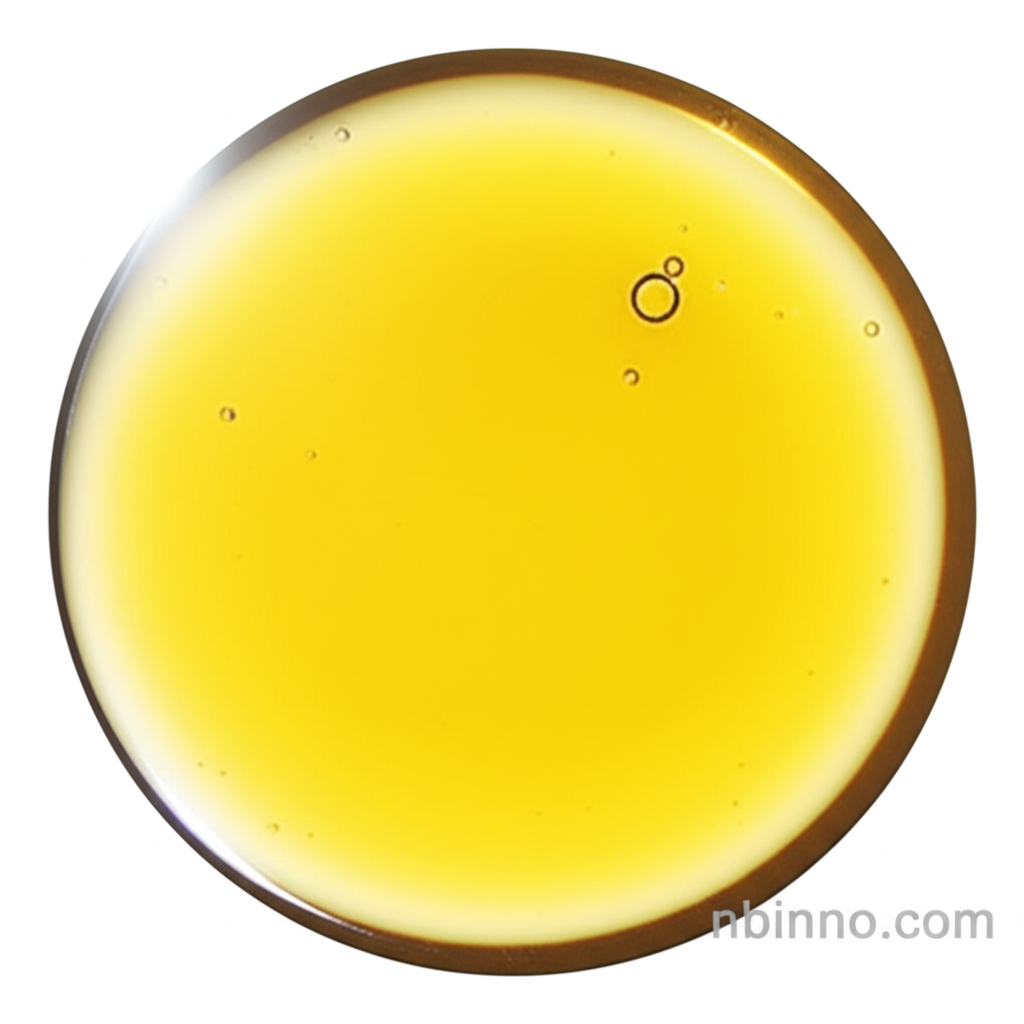Phytol CAS 150-86-7: A Key Intermediate for Vitamin Synthesis and Beyond
Explore the chemical versatility of Phytol, a vital component for Vitamin E and K1, with emerging pharmaceutical potential.
Get a Quote & SampleProduct Core Value

Phytol
Phytol, identified by CAS number 150-86-7, is a vital acyclic diterpene alcohol derived from chlorophyll. Its primary significance lies in its role as a crucial intermediate for the synthesis of essential vitamins, notably Vitamin E and Vitamin K1. Beyond its established use in vitamin production, emerging research highlights Phytol's potential in pharmaceutical applications, including its efficacy against parasitic diseases like Schistosoma mansoni. The compound exhibits a favorable safety profile, characterized by low toxicity, making it a valuable asset in both the pharmaceutical and nutritional industries.
- Phytol synthesis of Vitamin E highlights its critical role in the production of this essential nutrient.
- Phytol intermediate for Vitamin K1 showcases its importance in cardiovascular and bone health applications.
- Phytol pharmaceutical applications are being explored for its antiparasitic properties, offering new therapeutic avenues.
- Phytol chemical properties include its appearance as a yellow to red-brown oily transparent liquid.
Key Advantages
Vitamin Synthesis Intermediate
As a key Phytol intermediate for Vitamin K1 and Vitamin E, this compound is indispensable for manufacturing essential dietary supplements and pharmaceuticals.
Emerging Therapeutic Potential
Recent studies on Phytol pharmaceutical applications reveal its effectiveness against parasitic infections, positioning it as a compound of interest for drug development.
Natural Origin and Safety
Derived from chlorophyll, Phytol offers a natural source with well-documented low toxicity, supporting its use in health-related products and research.
Key Applications
Vitamin Production
Phytol serves as a primary precursor in the large-scale Phytol synthesis of Vitamin E and Vitamin K1, crucial for human health and nutrition.
Pharmaceutical Research
Investigating Phytol pharmaceutical applications, particularly its anti-schistosomal properties, opens doors for novel treatments for neglected tropical diseases.
Cosmetics and Fragrances
While primarily known for vitamin synthesis, Phytol's terpene structure also lends itself to applications in the cosmetics and fragrance industries.
Chemical Synthesis
Its well-defined chemical structure makes Phytol a versatile building block for various organic syntheses in fine chemical manufacturing.
